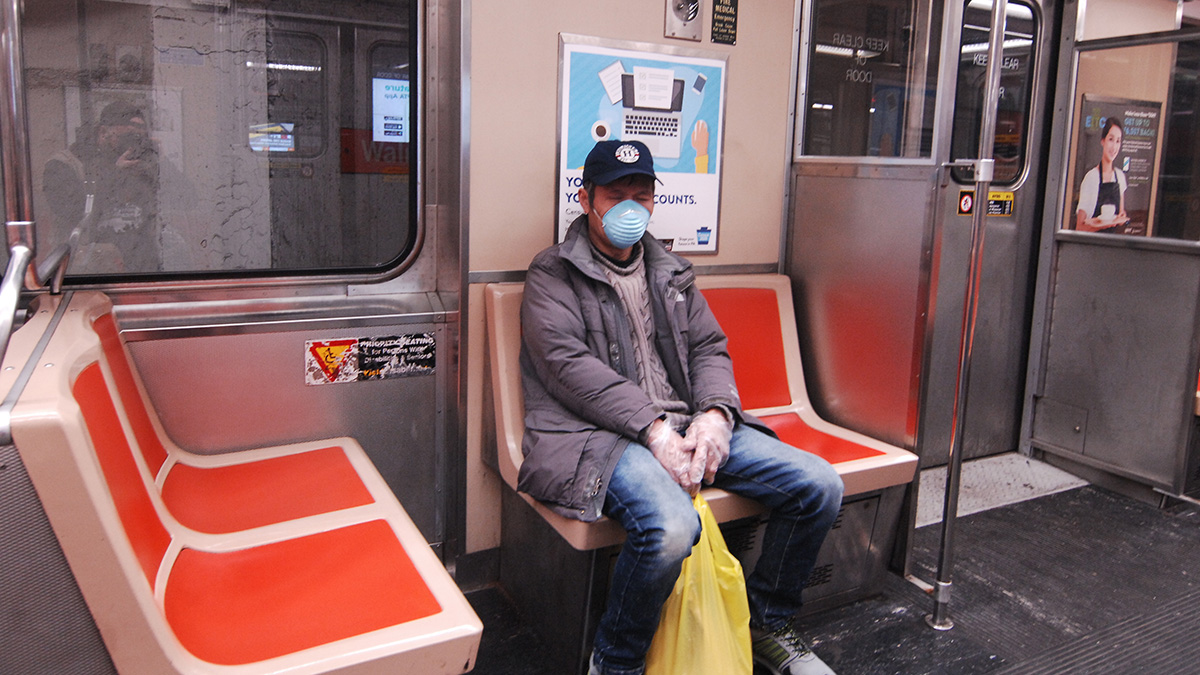
SEPTA is encouraging riders to return to using transit
As the numbers of vaccinations rise and COVID infection rates drop, SEPTA is taking steps toward welcoming back more riders in a safe fashion.
On June 1, SEPTA lifted its ridership restrictions on buses and train cars in support of the city’s decision to relax its Safer at Home order brought on by the pandemic.
The likely return of more SEPTA commuters means the agency can maintain service and provide alternatives to driving to work.
“With the number of vaccinations rising and COVID infections rates dropping across the region, the economy is opening back up, people are returning to working in the office, and schools are returning to in-person instruction,” said Barry Seymour, Executive Director at the Delaware Valley Regional Planning Commission (DVRPC).
At the start of the pandemic, SEPTA enacted strict social distancing and cleaning protocols in order to allow essential workers to travel safely to work. As more of the population gets vaccinated and agencies and businesses plan to return to the office, SEPTA remains committed to rider safety.
Current rider and worker safety measures include:
- Cleaning vehicles daily, and receiving intense detailed heavy cleaning every 10 days.
- Upgrading to high-efficiency cabin air filters on vehicles that are changed on a regular basis in accordance with vehicle system testing and reliability recommendations.
- Following Transportation Security Administration (TSA) and Centers for Disease Control and Prevention (CDC) mandates and guidelines that require customers to wear a mask or face covering when traveling on public transportation and continuing to educate riders about proper mask wearing through events, posters, and signage.
“Traffic congestion is approaching pre-pandemic levels and people taking transit is an important tool to get people where they are going safely while helping to reduce traffic congestion,” said Seymour.
Taking transit can take cars off the road during times when the city’s highways are most congested, reduces harmful emissions, and is good for air quality and public health.
As more people make the decision to ride SEPTA vehicles, reducing exposure to potential risk factors is of the utmost importance.
“People returning to taking transit should consider their level of comfort being in public spaces and take the recommended steps to continue to protect their health,” said Seymour.
RELATED CONTENT
“This will include getting the COVID vaccine when you can,” Seymour added. “Wear your mask while on the train or bus and continue to practice good hygiene by washing your hands and most importantly, stay home when you are sick.”
To this end, SEPTA is also following improved sanitation and air circulation protocols, renewing stations, and enhancing security in efforts to ensure that returning riders are safe on all fronts.
As the city strives to move forward and closer to pre-pandemic levels, the area’s largest transit provider is taking all the necessary steps to ensure that continuing and returning riders are able to safely get to and from their destinations.
To find more information about SEPTA’s plans moving forward, click here.

This article is part of Broke in Philly, a collaborative reporting project among more than 20 news organizations focused on economic mobility in Philadelphia. Read all of our reporting at brokeinphilly.org.



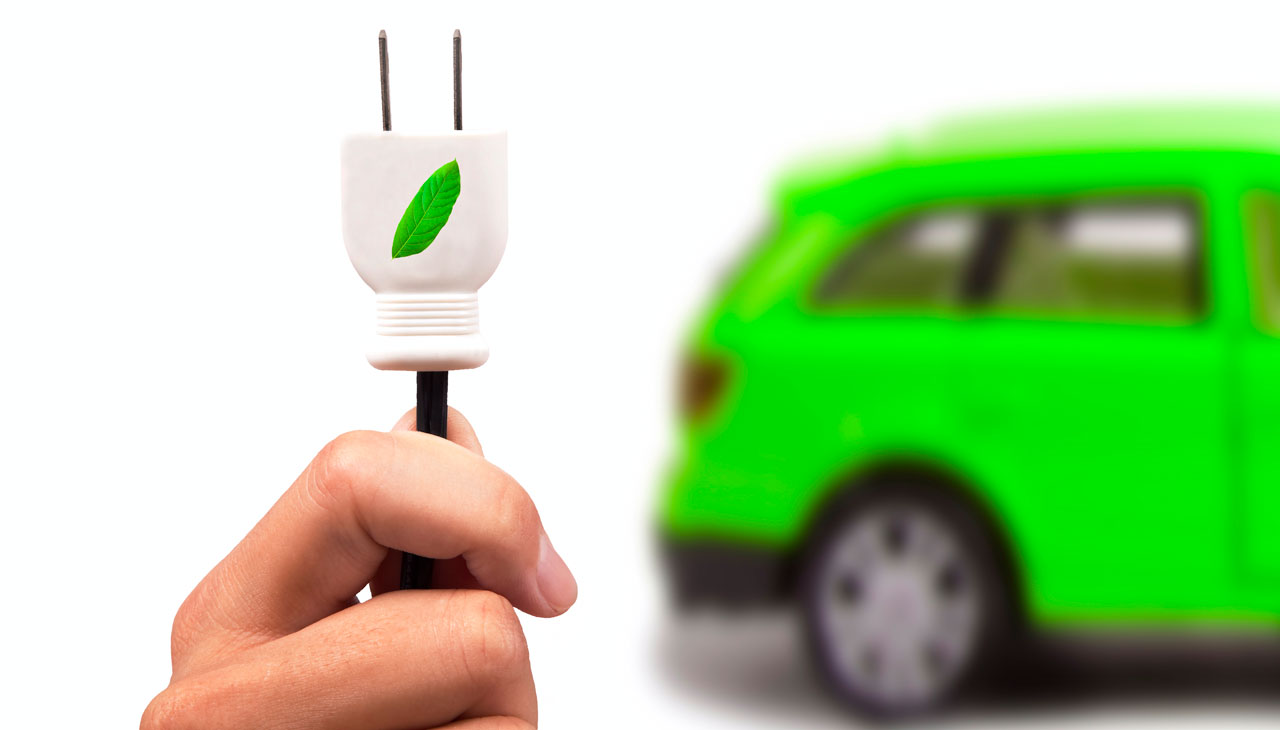

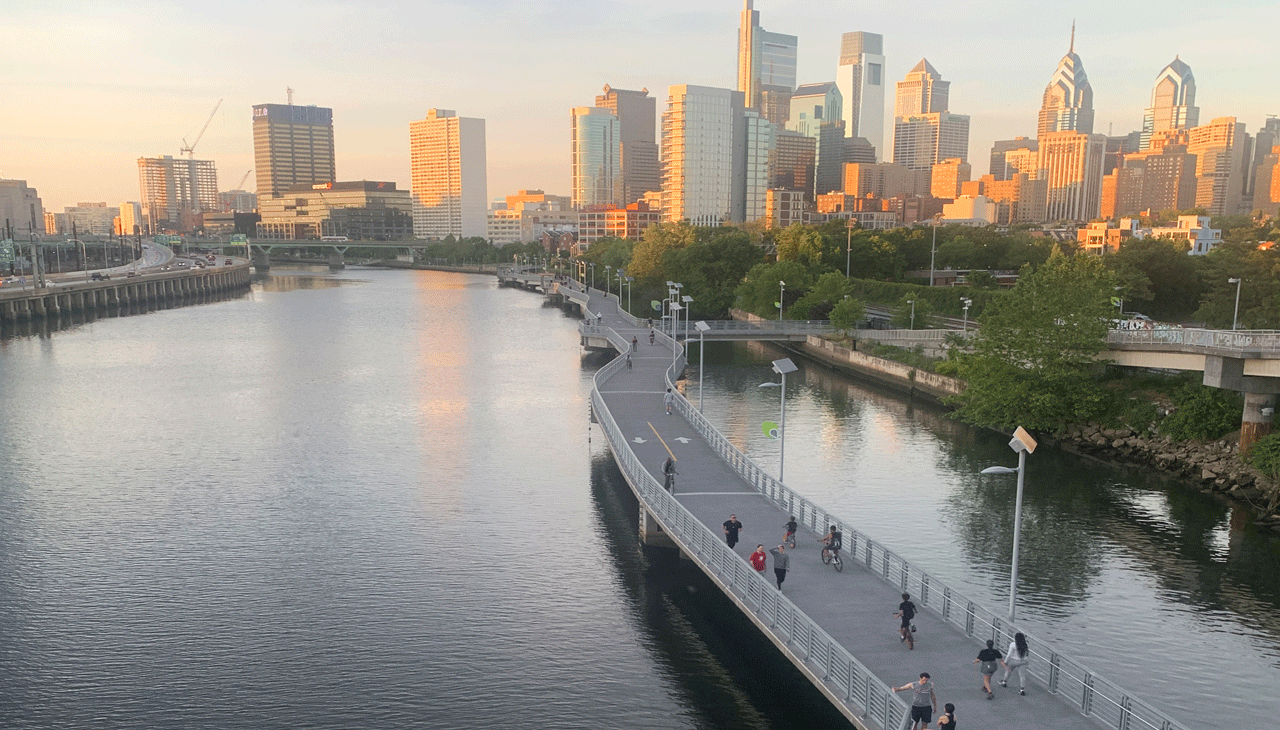
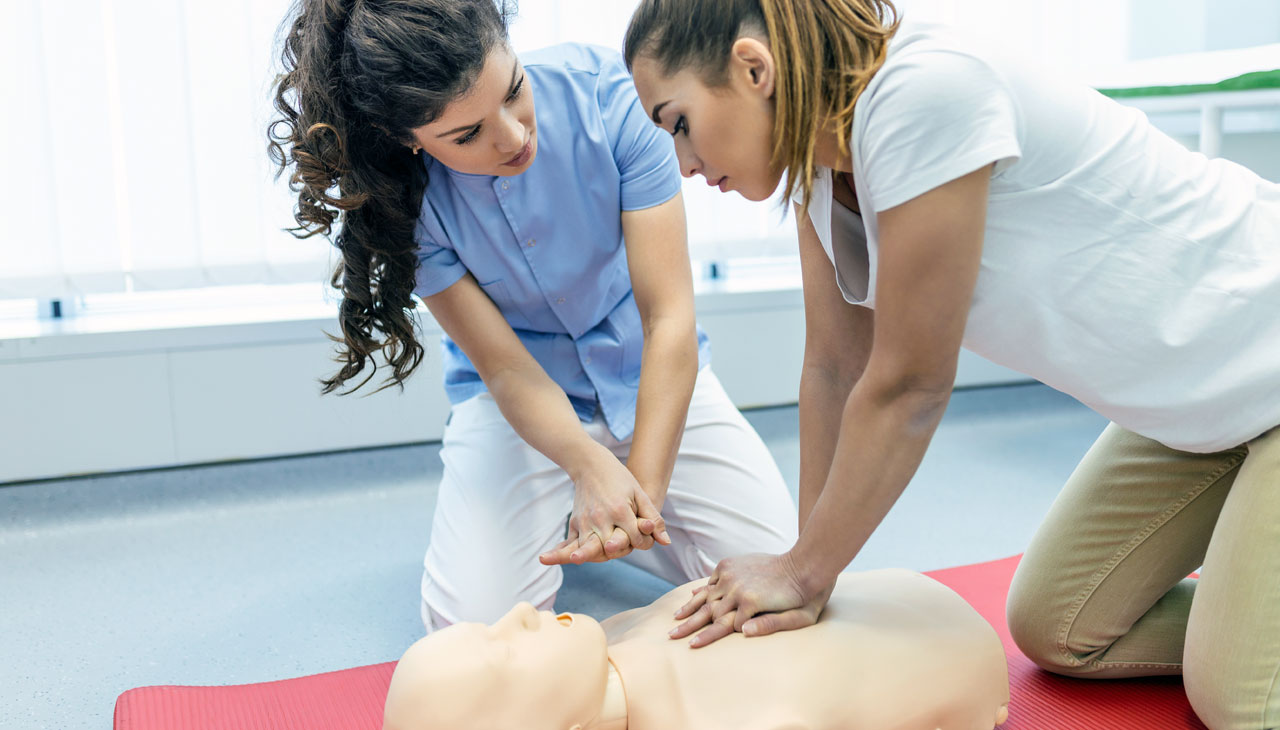
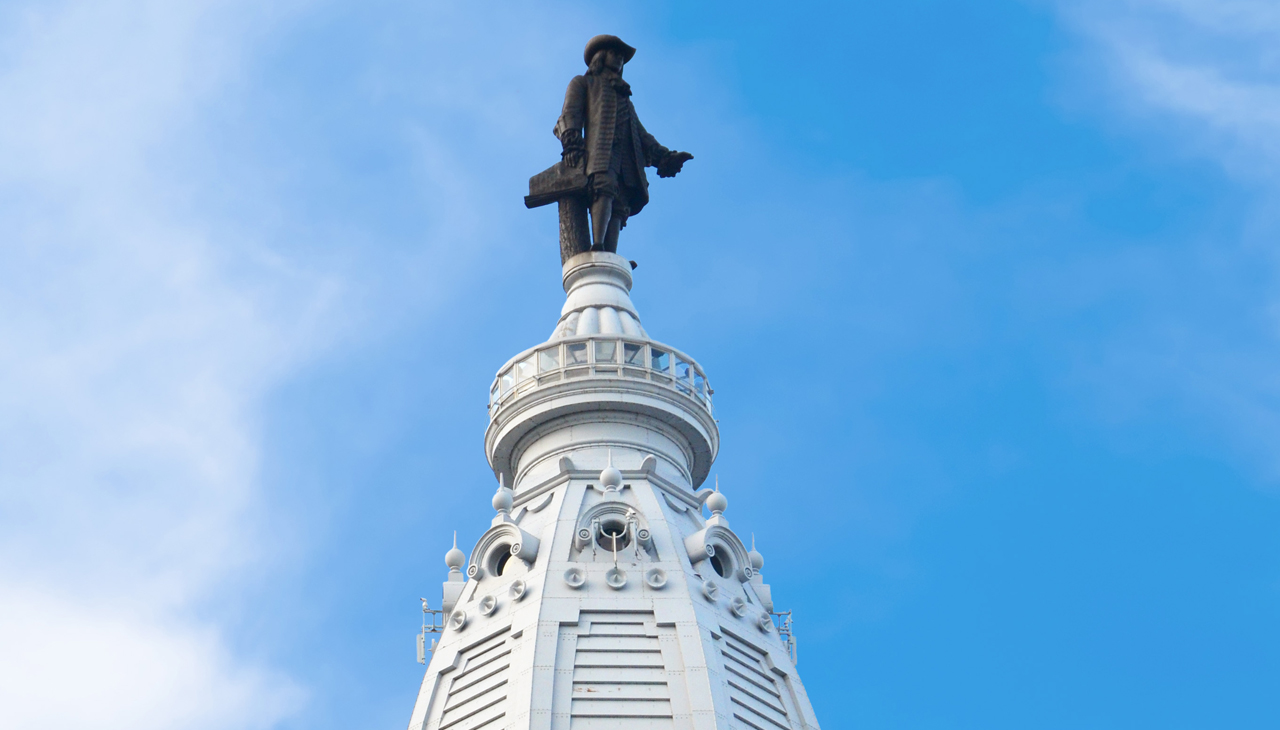



LEAVE A COMMENT: